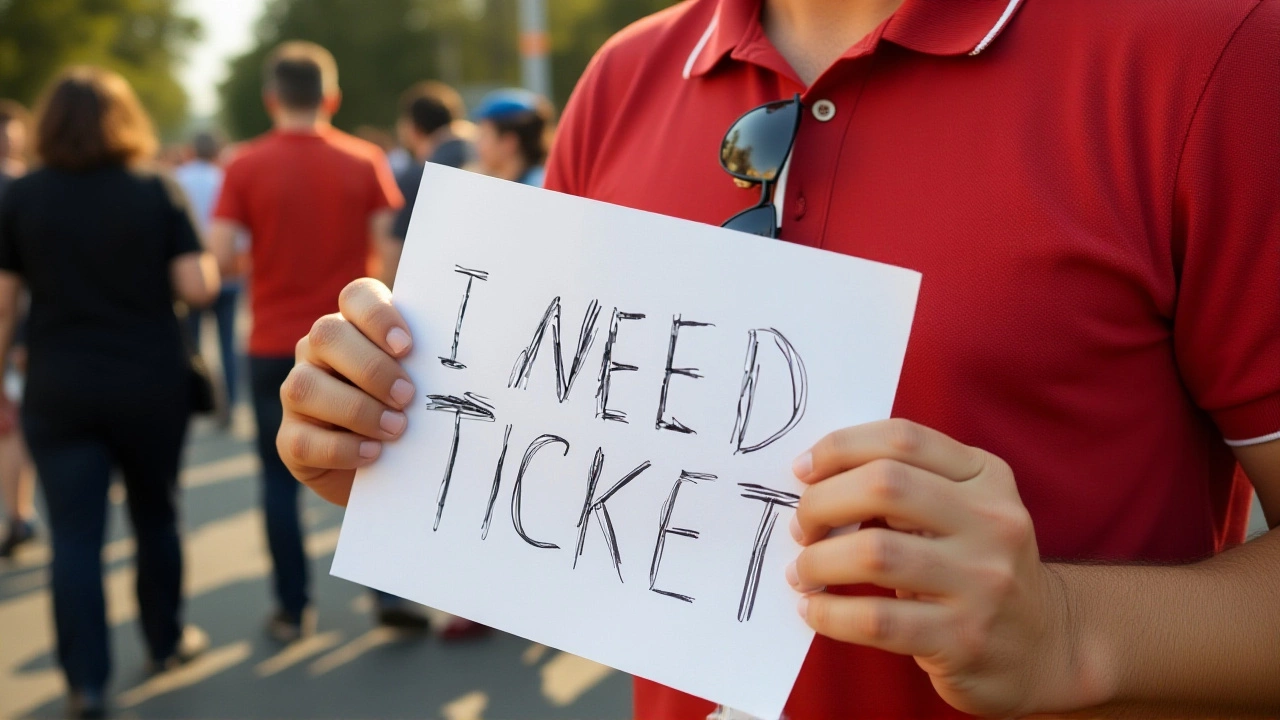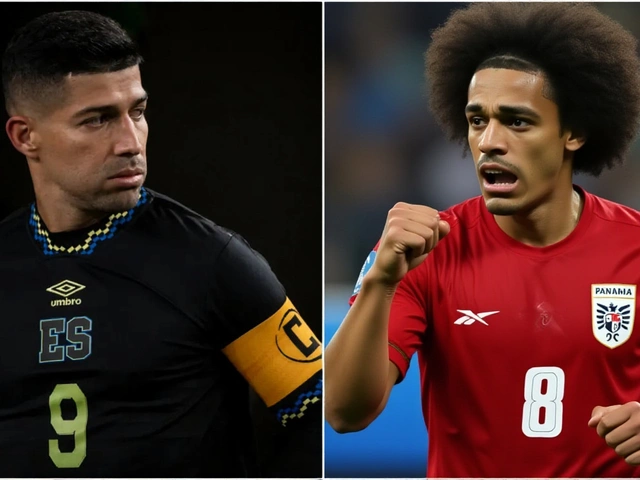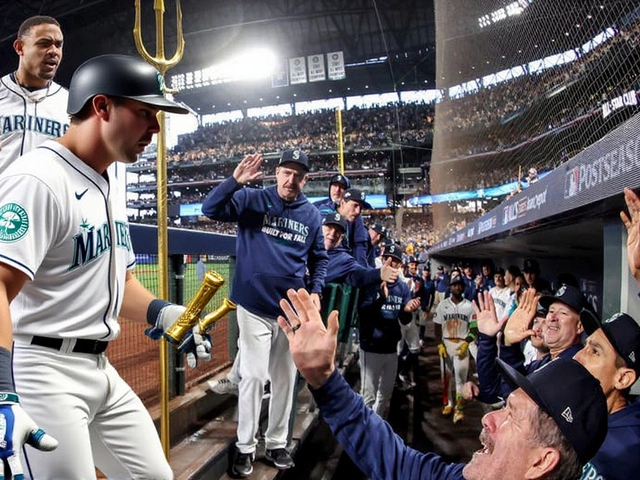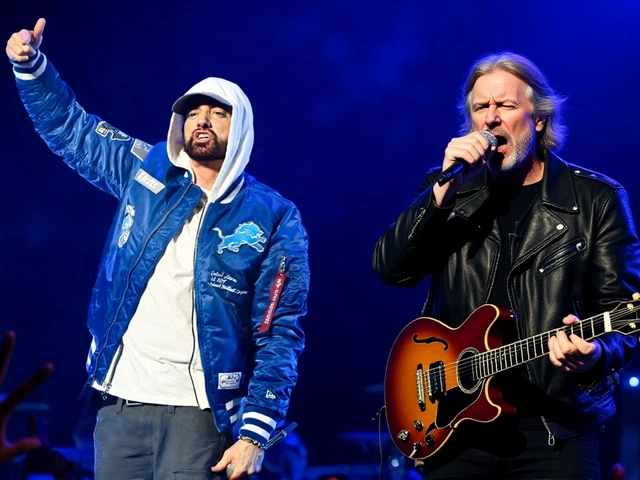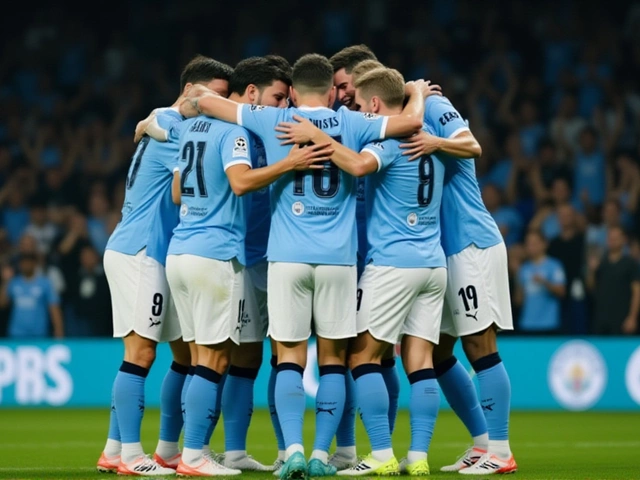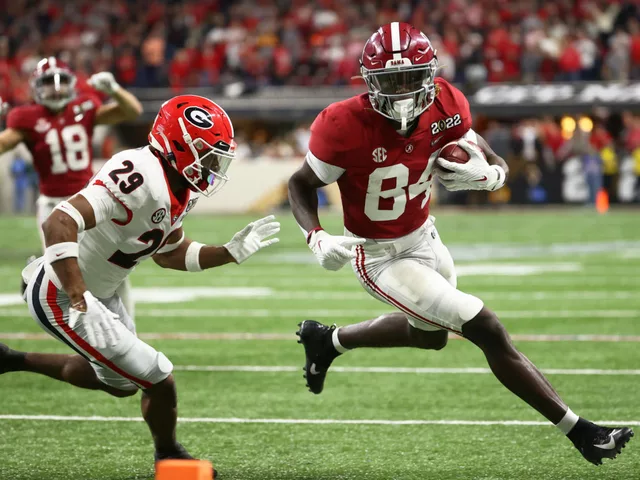When ticket sales for the 2026 FIFA World CupUnited States opened on September 10, 2025, fans didn’t just click ‘buy’—they stormed the digital gates like it was Black Friday with a global audience. The tournament, set to kick off less than a year from now across 16 cities in the United States, Canada, and Mexico, isn’t just the first men’s World Cup hosted by the U.S. since 1994. It’s the biggest in history: 48 teams, 104 matches, and a pricing model that’s turning football fandom into a high-stakes gamble. And if you’re not careful, you’ll end up paying ten times face value—or worse, getting scammed.
Why the Prices Are So Wild
Group-stage tickets start at $60. Sounds reasonable, right? Until you realize the final at MetLife Stadium in New Jersey is officially priced between $2,000 and $6,730. On resale sites? It’s already hitting $25,000. That’s not inflation. That’s a market running on pure adrenaline—and greed.
Pnina Feldman, a professor at the University of Virginia Darden School of Business who studies digital ticketing dynamics, says this isn’t surprising. "Historically," she notes, "premium matches see secondary prices jump 300-500% above retail." And it’s not just about who’s playing. It’s where. A match in Los Angeles or New York? That’s a premium. A game in Cincinnati or Edmonton? You might actually get a seat.
The twist? FIFA’s dynamic pricing doesn’t cap how high tickets can go. Demand spikes the moment a star team like Brazil or Argentina is drawn into a popular city. And with 5.5 million tickets projected to sell—surpassing Qatar’s 3.4 million and Brazil’s 3.1 million—supply is already a fantasy.
The Three Phases of Ticket Madness
FIFA’s sales process is a three-act play—and you’ve already missed Act One. Phase Two ends in November. Phase Three, the big one, kicks off after the World Cup drawWashington, D.C. on December 5, 2025. That’s when you’ll know which teams play where. You apply for specific matches. Then FIFA runs a lottery. No guarantees. Just hope.
After that? Any leftover tickets go on a first-come, first-served basis. Think of it like trying to snag a concert ticket the day of the show—except you’re competing with 6.5 million fans worldwide. And if you wait? Prices will climb faster than a Messi sprint.
Hospitality Packages: The Elite Escape
For those who can afford it, FIFA offers hospitality bundles: $1,350 per person for a single match, with access to VIP lounges, catered food, and premium seating. You can buy a "Follow My Team" package—guaranteeing tickets to every match your favorite nation plays. But here’s the catch: those packages are limited. And they’re selling fast. They’re not just tickets. They’re status symbols.
"This isn’t football anymore," says Ranan Bhattacharya from Bangalore, who attended Qatar 2022. "It’s a luxury experience for the wealthy. Football was supposed to belong to the masses. Now it’s a gated community with a price tag."
Travel Is a Nightmare—Especially for Fans From India
If you’re from India, the dream just got harder. FIFA made it clear: buying a ticket doesn’t mean you’ll get a visa. And flights from Delhi or Kolkata to the U.S. are already 40% higher than last year. Ground transport between host cities? A round-trip from Los Angeles to Dallas can cost $1,200. Toronto to New York? Another $800. Add hotel prices, which are expected to triple in tournament cities, and you’re looking at $5,000 just to get to the game.
Souvik Sen from Kolkata, who made the trip to Qatar, puts it bluntly: "Every football lover should experience a World Cup once in their life. But this time, for many of us, it’s a dream too expensive to chase."
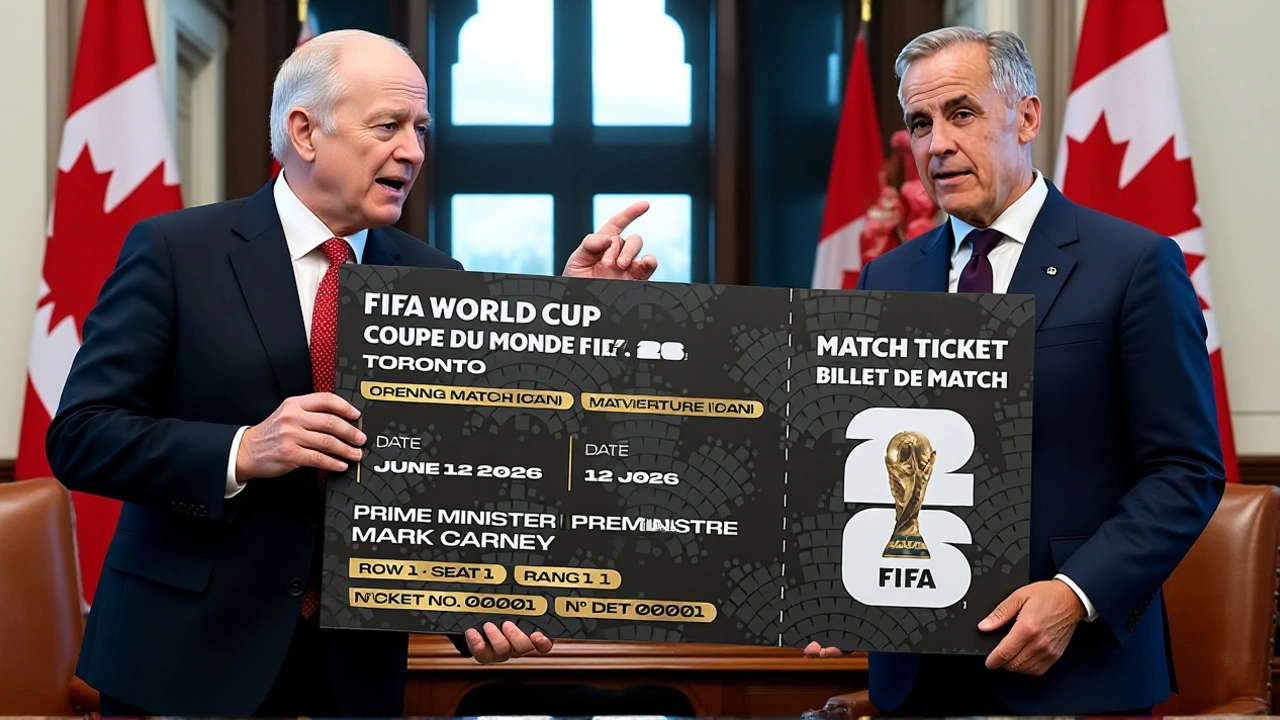
The Only Safe Way to Buy
FIFA launched its official resale platform to combat scalpers and fake tickets. And experts say: only use it. Third-party sites? They’re wild west. A $180 group-stage ticket was resold for $1,800 within hours of going live. That’s not a market. That’s a robbery.
Shubhasish Roychowdhury from Kolkata, clutching his Mohun Bagan scarf, says it best: "This could be the last World Cup with Messi or Ronaldo. It’s not just another tournament—it’s history. I want to carry the Indian flag into those stands. But I won’t pay $20,000 to do it."
What You Should Do Now
- Register on FIFA’s official ticket portal today—even if you don’t know your team’s schedule yet.
- Set alerts for December 5, 2025—the draw day. That’s your real shot.
- Book flights and hotels early. Prices will only rise.
- Avoid all third-party sellers. Use only FIFA’s official resale platform.
- If you can’t go, consider watching locally. The global broadcast reach will be massive.
The 2026 FIFA World Cup isn’t just a soccer tournament. It’s a cultural moment. But it’s also a reminder that sport, when monetized without limits, can leave its most passionate fans on the outside looking in.
Frequently Asked Questions
When is the next chance to buy World Cup tickets?
The next major opportunity is after the World Cup draw on December 5, 2025, in Washington, D.C. That’s when the third and final sales phase opens, allowing fans to apply for specific matches based on confirmed group stage matchups. Applications are submitted via FIFA’s official portal and selected by random draw. Don’t wait—register now to be eligible.
Can I get a visa just because I bought a ticket?
No. FIFA has explicitly stated that ticket confirmation does not guarantee entry into the United States, Canada, or Mexico. Visa applications must be processed independently through each country’s immigration system. Fans from countries like India, Brazil, or Nigeria should start visa research immediately, as processing times can take months and approval rates vary widely.
Why are tickets in New York and Los Angeles so much more expensive?
It’s called geographic clustering. Cities with higher tourism traffic, better infrastructure, and larger fan bases command premium prices. With fixed stadium capacities and soaring demand, FIFA’s pricing algorithm rewards location. A match in Cincinnati might sell for $120, while the same tier game in L.A. could hit $600—even before resale. Location isn’t just convenience—it’s a pricing multiplier.
Are FIFA’s official resale tickets really safer?
Yes. FIFA’s official resale platform caps prices at 110% of face value and verifies every ticket’s authenticity. Third-party sites like StubHub or Viagogo have no such controls—many sell duplicate, fake, or revoked tickets. In 2022, over 12,000 counterfeit tickets were seized in Qatar. The official platform is your only protection against losing thousands on a scam.
Will prices drop closer to the tournament?
Unlikely. Historical data from past World Cups shows prices spike as kickoff nears. The only real drops happen if a top team gets eliminated early or a major city faces a security issue. Otherwise, demand remains high, and supply is fixed. Waiting until June 2026 means paying more—or getting nothing at all.
What’s the best strategy for fans on a budget?
Target matches in smaller cities like Kansas City, Orlando, or Edmonton. Look for group-stage games involving underdog teams. Avoid knockout rounds unless you’re willing to pay premium prices. Register early, set price alerts, and consider group travel to split costs. And if you can’t go? Watch it in a packed stadium in your hometown—many cities will host official fan zones with free screenings.
- Poplular Tags
- 2026 FIFA World Cup
- Pnina Feldman
- FIFA
- United States
- ticket pricing





